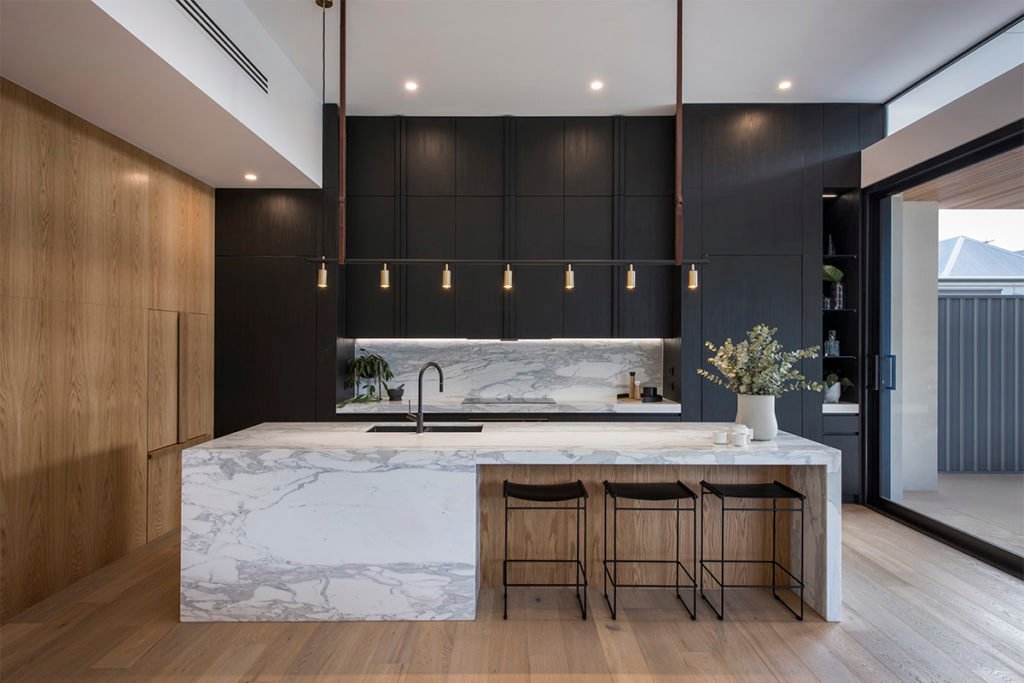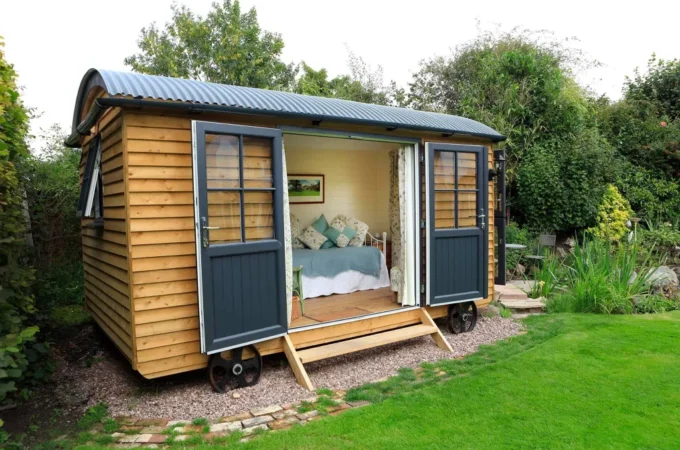
How Much Do Kitchen Countertops Cost?
If you want to update your kitchen look and enhance its functionality, installing a countertop is one of the best ways. Whether you elevate your present countertop or desire to increase your home sale value, countertop materials play an important role. But how much do kitchen countertops cost, and which option is best for you! Is a question begging for an answer.
There are various kitchen countertops available in the market. So, before you choose, make sure you choose the right one.
To help our reader here, we have listed well-known kitchen countertop materials with their pros and cons, and price. So, scroll down, check them out, and start designing your kitchen accordingly.
The average cost of countertop materials
You can select from a variety of countertop materials. Each of them is ideal for a particular type of kitchen. But when you choose a countertop material, check whether it provides the things you need as per the value or not. Here are some kitchen countertop materials and their costs:
- Quartz
Quartz is also known as engineered stone, available in different designs and shapes. It is among the best countertop material made from one of the earth’s most robust stones. The average cost of Quartz material is $60 to $150, which may vary depending on the location you are living.
Pros
- Highly durable
- Low maintenance
- Non-porous
- Scratches and stains resist
Cons
- Heat Resistant
- Indoor use only
- Seams can be noticeable
- Granite
Granite is a natural stone composed mainly of quartz, plagioclase, and feldspar. The countertops are timeless classics that add a luminous look to any kitchen. Granite material may cost $45 – $170, and it may vary.
Pros
- High resale value
- Durable
- Bacteria Free
- Easy to clean
Cons
- Prone to cracking
- Most likely comes with seams
- Marble
Marble is a natural stone that is made of limestone crystallizing. It is available in different patterns and colors as well as prized for its rich veining, unique to each piece. Hence, the cost of Marble material can cost from $125 – $250.

Pros
- Upscale elegance
- Adds value to your home
- Non-porous
- Heat resistant
Cons
- Susceptible to stains and scratches
- Tile
If you are looking for a classy look, Tiles are a good option. It is available in numerous colors and designs. Best of all, you can tailor as per your choice to suit your kitchen design and visual look. Tile material can cost up to $90, depending on the area.
Pros
- Versatile & Durable
- Easy to Maintain
- Heat and water resistant
Cons
- Slippery and Hard
- Susceptible to scratches
- Laminate
If you want to redo your kitchen uniquely, you can choose Laminate material. It is a long-standing choice for kitchen countertops because of its wide range of colors, designs, and texture options. However, this budget-friendly material costs $20 – $60.
Pros
- A diverse range of styles and colors
- Easy to clean
Cons
- Short lifespan
- Difficult to repair
- Susceptible to scratches, burns, and delamination
- Concrete
Concrete is a composite material that is a unique alternative to natural stone countertops. It is composed of fine and coarse collective attached with a fluid cement. Concrete countertops are a great way to give your kitchen a rustic look. It can be polished and tailored to your specifications and typically costs between $70 and $140.

Pros
- Heat resistant
- Eco-friendly
- Low maintenance
- Easy to customize
Cons
- Noticeable scratches and stains
- Crack can occur
What factors affect the countertop’s cost?
How much do countertops cost? To begin, keep in mind that the cost of your countertops and the material you choose for them are influenced by a variety of things. Here we have listed some factors that influence the pricing, either indirectly or directly.
- Material
One of the main factors affecting countertop costs is the material. Natural stones, like granite and marble, usually cost much more than man-made stones, like Caesarstone quartz, or man-made materials, like laminate.
- Size
Size is another major factor affecting cost, as most countertops are priced by square foot. Generally, the larger your counter, the more you can expect to pay for materials and installation.
- Color and design
Countertop materials are available in various colors and patterns, rare and natural. Common natural colors like beige, green, and brown cost less, while rarer types like red, blue, and purple with different patterns can be expensive.
- Thickness
Worktops are usually 1.2, 2, or 3 cm thick. The thicker the slab, the more expensive and long-lasting it is.
For example, if you choose 1.2cm, the countertop will require plywood backing or additional lamination to add strength and stability. This involves extra work, which equals extra expense.
Which countertop material is best for your pocket?
The kitchen is the heart of the home; selecting the right material can be challenging. But nobody desires a kitchen that lacks looks or trends. So, there is a debate between most homeowners to install a new kitchen countertop. Quartz, Laminate, Granite, Marble, or any other countertop are all popular materials but are different.
Nevertheless, there are hundreds of colors and styles to choose from, manufactured by well-known brands. So, choose wisely as per your kitchen design.
Closing Words
The best kitchen countertops offer the perfect combination of form and function, enhancing the aesthetics of your kitchen while giving you space to prepare all your favorite dishes. The cost of installing kitchen countertops varies depending on where you live, the type of material you choose, and the professional assisting you with the installation.
To help you, here solve the puzzle “How much does it cost to replace kitchen countertops,” we have listed some countertop materials with costs. You can choose the best countertop material, but it might not be the best for you unless you prioritize the factors based on your lifestyle.




